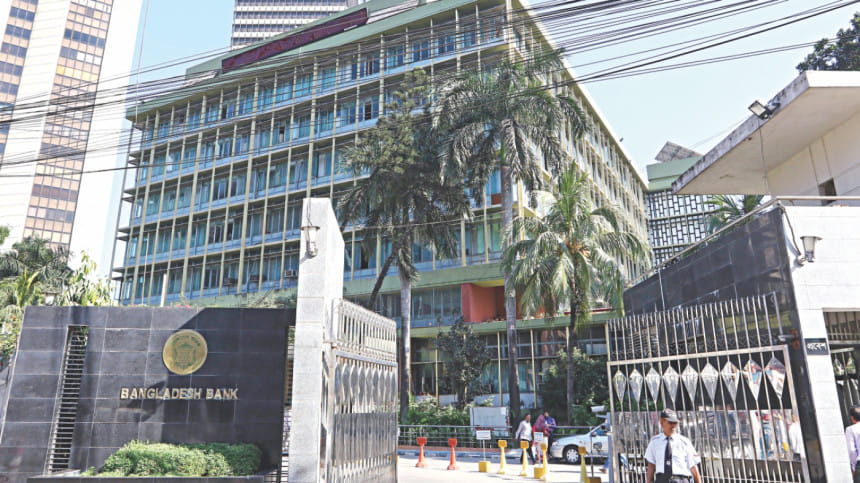
Last update on: Thu May 22, 2025 02:13 PM

In July last year, the Bangladesh Bank quietly issued invitations for applications to establish the country’s first consumer credit rating bureau.
The initiative, which received little public attention at the time due to political instability, represents a critical juncture in Bangladesh’s financial infrastructure development.
As the application deadline moved a few times and the final deadline of May 9, 2025 has now passed, it is time for transparency and careful consideration of who will control the consumer credit data of millions of Bangladeshis.
The establishment of a consumer credit bureau has long been championed by the International Finance Corporation and other global agencies as a vital step to expand consumer credit access in Bangladesh.
It would also significantly improve the country’s standing in the World Bank’s Ease of Doing Business index or whatever new variant this index takes in the future, where population coverage in credit registries is a key metric.
For a nation striving to achieve middle-income status, this infrastructure is essential.
The BB should take some steps to immediately make the application process transparent. The public deserves to know which entities are seeking to establish this crucial financial infrastructure and what credentials they bring to the table.
This transparency becomes even more critical in light of a recent WB probe that revealed the BB’s licence approval processes during the previous autocratic regime were cumbersome, opaque and anti-competitive, with licenses frequently awarded to political cronies while deserving applicants were sidelined through rushed and unclear processes.
The stakes could not be higher. A consumer credit bureau will amass an unprecedented volume of data on virtually every adult in Bangladesh.
This will include not just banking information but details on money transfers, microcredit, leasing arrangements, utility bills, insurance policies and even personal milestones such as marriages, divorces and bankruptcies.
Such comprehensive visibility into citizens’ financial lives creates both tremendous opportunity and significant risk.
Given the sensitivity and scope of this data, the BB must ensure that licences are granted only to entities with a genuinely Bangladesh-first approach: organisations that cannot be compromised by hostile foreign influences or whose primary loyalties lie elsewhere.
The security implications of housing such comprehensive data on Bangladesh’s population cannot be overstated.
There are indications that some large banks, money transfer services or microlenders may be among the applicants.
The BB should categorically reject these applications as it would create insurmountable conflicts of interest.
Globally, the largest and most respected credit bureaus — Experian, Equifax and TransUnion — operate as independent private companies that do not engage in lending, financing or leasing activities.
There are compelling reasons for this separation. If a consumer lender were to control a credit bureau, it would gain unparalleled insight into competitors’ balance sheets and customer performance.
This would create perverse incentives for other lenders to seek similar licences, leading to a fragmented and compromised system where players also serve as referees.
This fundamental principle of financial infrastructure cannot be compromised: referees should never simultaneously be players. The integrity of the entire financial system depends on this separation.
Instead, the BB should ensure that only truly independent companies with demonstrated expertise in risk analytics, modelling and data science are considered for these pioneering licences.
The foundation being laid now will determine the trajectory of consumer finance in Bangladesh for decades to come.
The establishment of Bangladesh’s first consumer credit bureau represents a watershed moment for financial inclusion and economic development.
If implemented correctly, it could dramatically expand access to credit for millions while strengthening the overall financial system.
If implemented poorly — with opacity, conflicts of interest or vulnerability to external influence — it could undermine trust in the financial system and expose citizens to new forms of risk.
The time for transparency is now. The BB must disclose the applicants, their qualifications and the criteria being used to evaluate them. Only through such openness can public trust be established in what will become one of the most powerful institutions in Bangladesh’s financial ecosystem.
The future of consumer finance in Bangladesh may well depend on decisions being made right now — decisions that should be subjected to the disinfecting power of sunlight before they become irreversible.
The author is an economist and head of research at a publicly listed financial institution in Dhaka.









